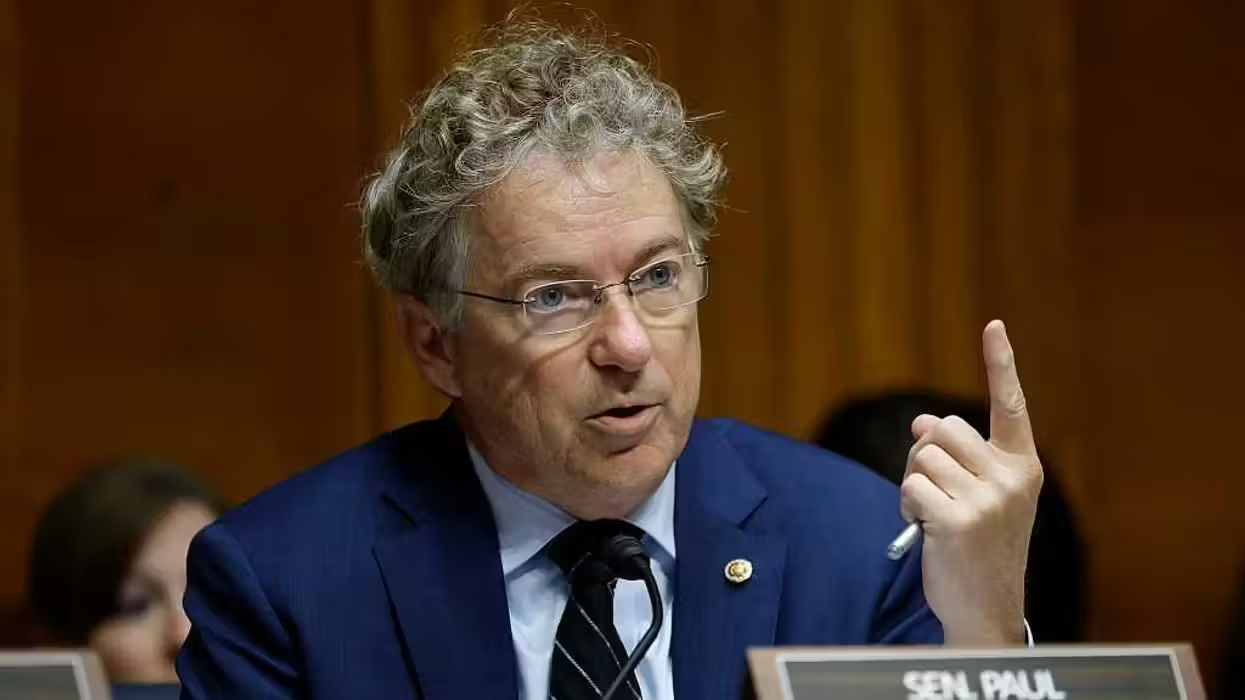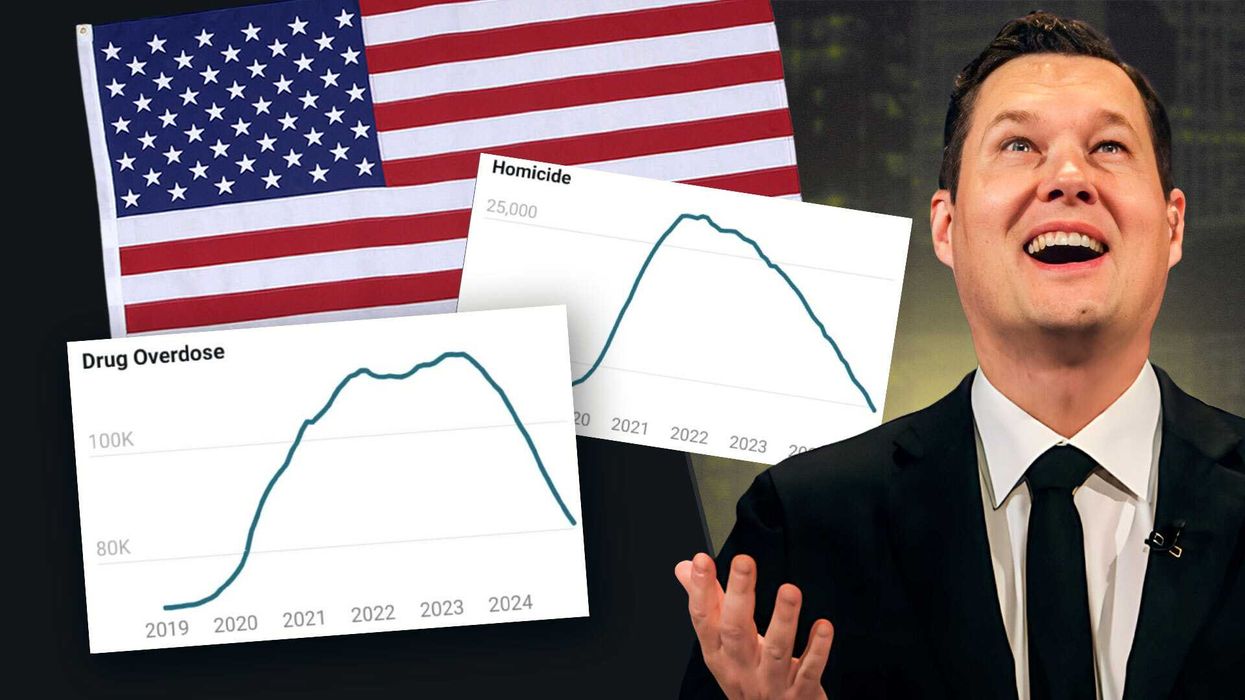When it comes to the often intense debate over marijuana legalization, one side maintains that the drug is entirely benign and holds the power to bring in millions in tax revenue, while the other warns that there will be profound social costs for the states that have decriminalized it.
As the debate forges on, all eyes are on states like Alaska, Colorado, Oregon and Washington, where recreational legalization is afoot, with proponents and opponents, alike, seizing upon the issue in an effort to sway the political winds in their favored direction.
But which side is presenting an accurate cost-benefit analysis? And how do individual rights play into the debate?
Morgan Fox, communications manager at the Marijuana Policy Project, a pro-pot legalization group, and Dave Evans, an adviser to the Drug Free American Foundation, both recently sat down with The Church Boys to explain their stances.
"The bottom line is that prohibition is a disastrous failure," Fox said during the interview. "It causes far more harm than marijuana use to both the consumer and society, as well as being morally unjustifiable. Marijuana is objectively safer than alcohol, and there’s no reason we should be putting responsible adults in jail for using it."
Listen to both the pro and anti-marijuana legalization arguments below (debate starts at the 30:00 mark) below:
But Evans had a very different view on the matter, noting that the public still sees marijuana very differently from the way it looks at alcohol — and that weed has been proven a bigger detriment to young people.
"With young people [pot is] more addictive than alcohol is. There is still a social consensus against marijuana. There is not the social acceptance of marijuana that we have with alcohol," he said. "Marijuana appears to be less dangerous, because so few people use it, but if you look at the data, you would see that marijuana is the number one drug that kids are in treatment for in the United States — more than alcohol, almost double than alcohol."
Evans continued, "If we wound up having marijuana use equivalent to our alcohol and tobacco use, people would clearly see that this is a very dangerous drug."
As for Fox, he expressed concern over the current situation in most states in which someone can end up with a criminal record when he or she uses marijuana — something that he said hurts the individual, his or her family and society as a whole.
"By keeping this product illegal, we’re not actually stopping anybody from using it, so all of that money in that market goes straight into the hands of criminals, instead of licensed, regulated businesses that governments have oversight over and control of," he said.
Fox also posited that keeping marijuana illegal prevents any sort of checks and balances on businesses and individuals who are illegally and secretly distributing it. In the end, he believes that legalization will actually make weed tougher for young people to get.
"When you put that product behind the counter and check for IDs, it becomes much more difficult to get," he said.
He also rejected the argument that marijuana is a gateway drug, calling the claim a "logical fallacy" that has been disproven over time. By keeping weed illegal, he said that people are exposed to drug dealers, which, in itself, is a gateway of sorts.
 Getty Images
Getty Images
"[Marijuana being a gateway drug] has been disproven by every single study that’s looked at it in the last 10 years. It’s basically a logical fallacy equating correlation with causality," he said. "If that were actually the case, there would be a whole lot more heroine addicts in this country than there really are."
On the flip side, Evans — who rejected the claim that weed isn't a gateway for some people — said that he wants to see marijuana remain illegal and that he believes criminal sanctions should remain in place for those who use the drug.
That said, he isn't necessarily in favor of imprisoning people who smoke.
"I think that there are a lot of ways that the criminal justice system can be used to help people," he said.
But legalization, Evans said, opens the door to commercialization, which he decried as a problematic and worrisome dynamic, as it exposes young people and adults, alike, to pot advertisements and also does little to stem the tide of black market sales.
"When you regulate it and tax it, that means it’s sold in wholesale stores, so the owner of the store has to pay rent, then he has to pay taxes on the marijuana, so what happens is that the black market still flourishes in Colorado because it’s cheaper in the black market because you don’t have those overhead costs," he said. "So, it really hasn’t reduced the black market very much."
What do you think about legalization? Let us know below.

 Getty Images
Getty Images






